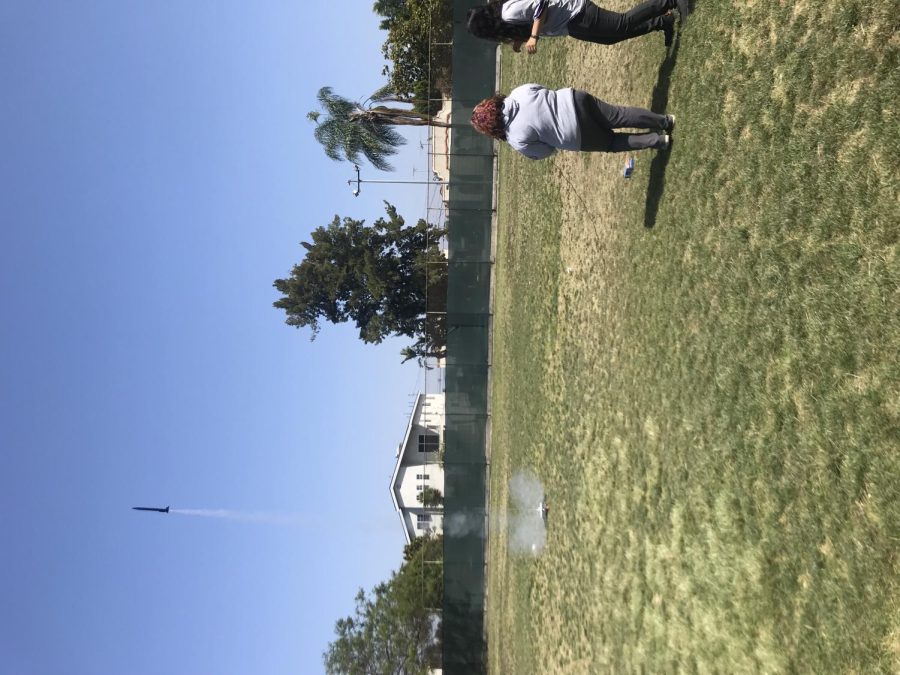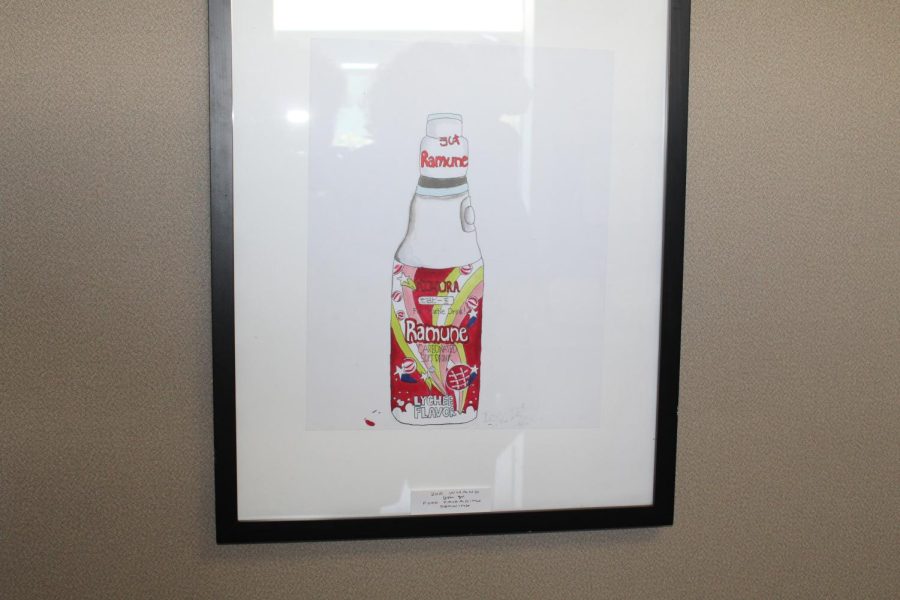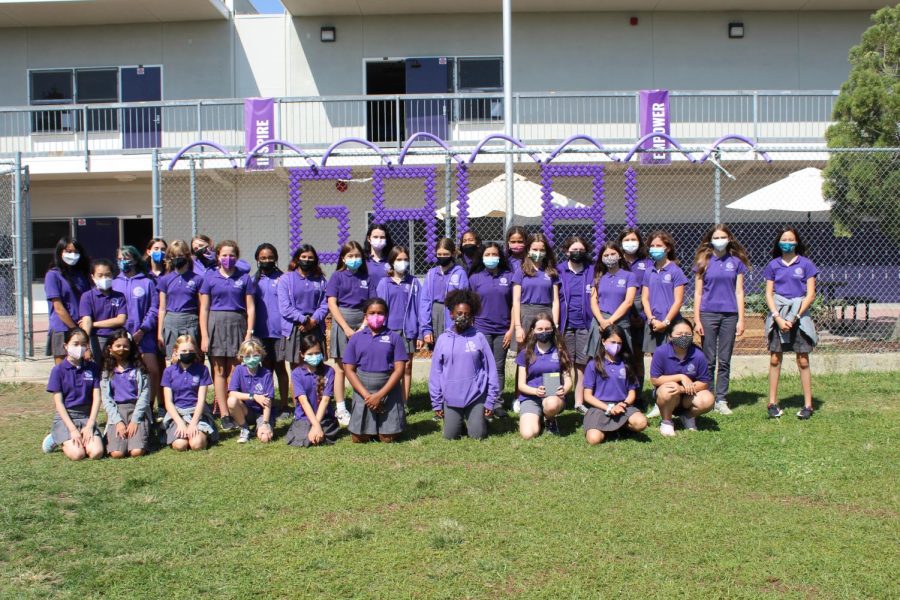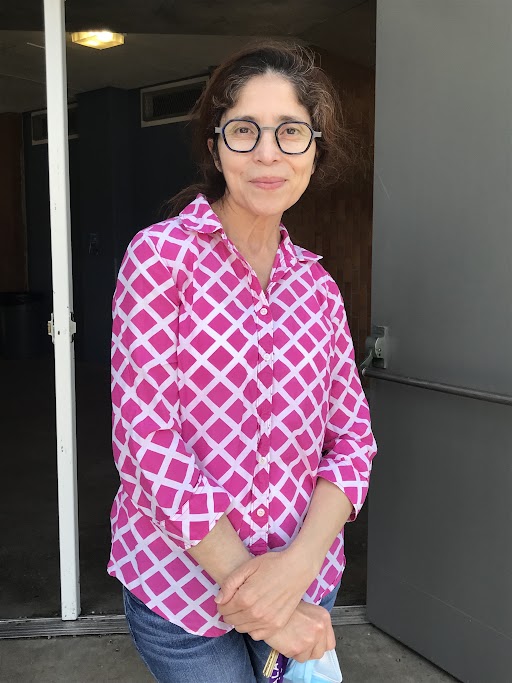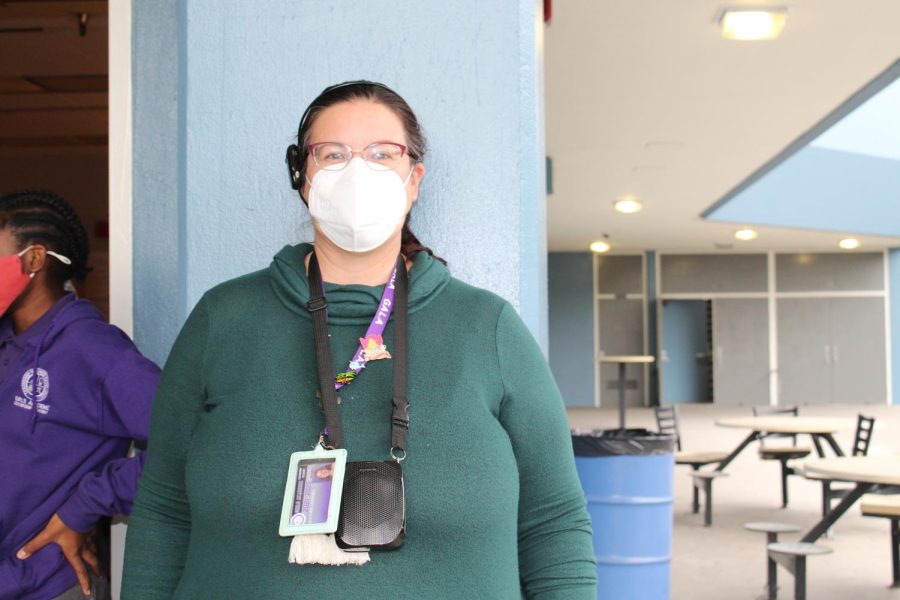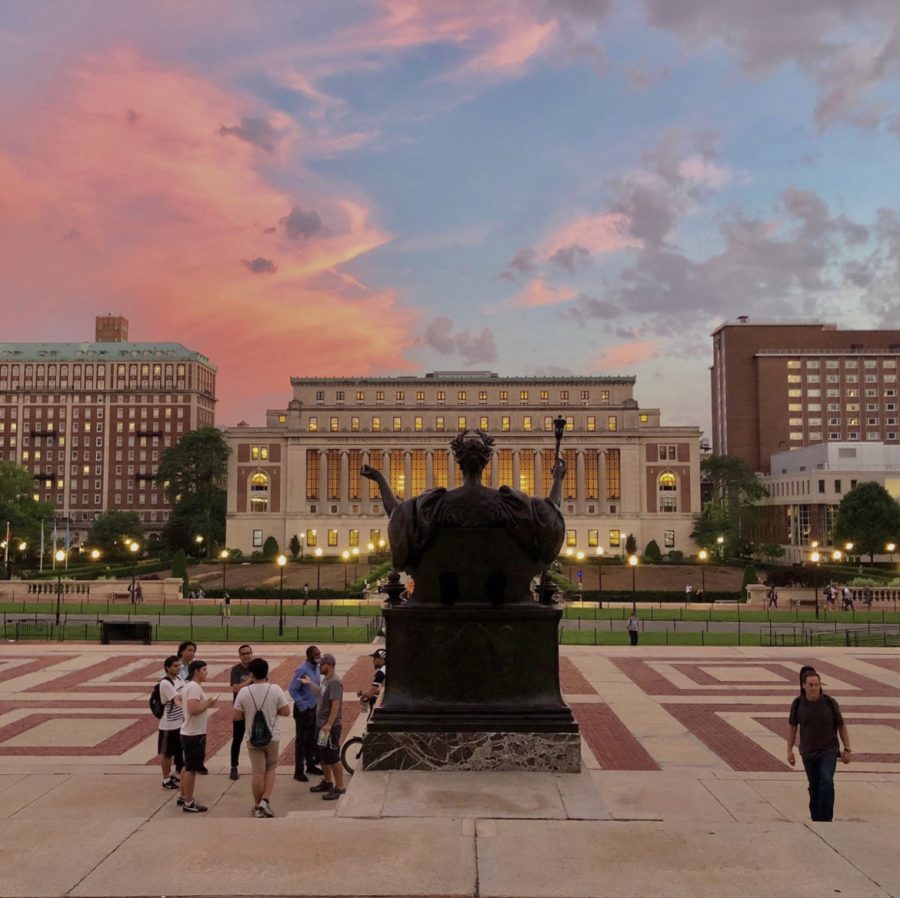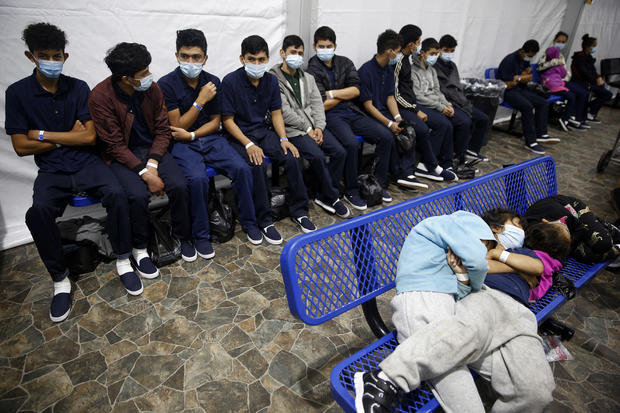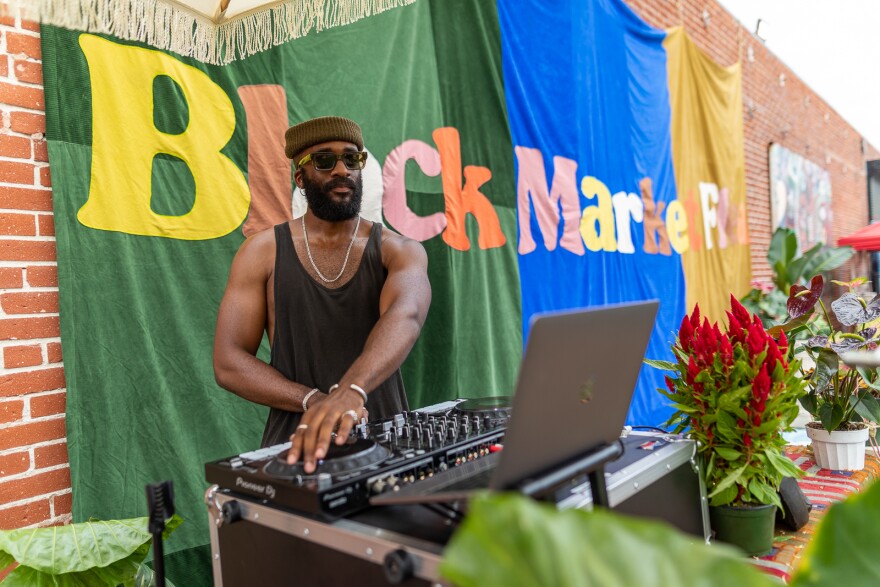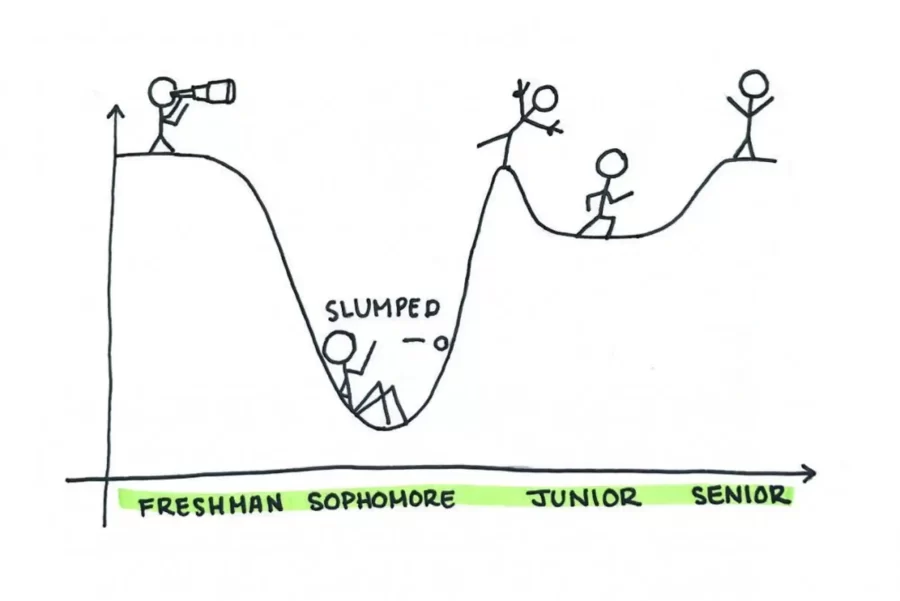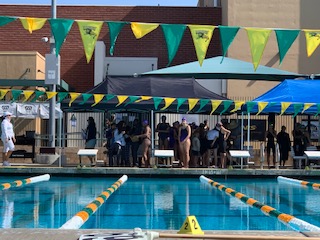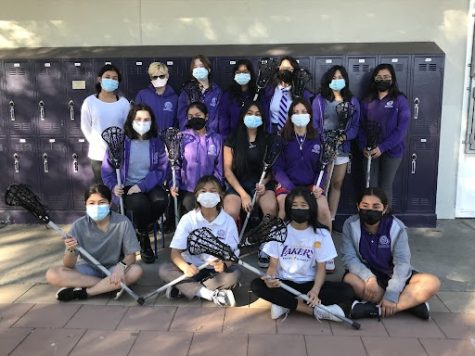A Student Athlete’s Balance
Hana H. is a ninth-grade student here at GALA. Not only is she fully academically engaged, she also devotes hours and hours every week to ballet at the Colburn School of Dance in Downtown Los Angeles. I sat down with her to ask about the implications of such a heavy extracurricular schedule coupled with the academic rigor of her everyday classes.
Mae D: So what does your dance schedule look like?
Hana H: Monday through Saturday, I have an hour and a half ballet technique class, and then Monday through Friday I have a second class after. Most days it is an hour of class on pointe, so, technique or variations with Wednesday being the exception when I have an hour and half of Modern.
MD: How many hours does that add up to?
HH: In total, it’s like…16 hours a week.
MD: What does this look like on top of your academic schedule?
HH: School gets out at 3:30, and I get to the Colburn around 4. So, I have around an hour and a half in the hallway to do homework and get ready, but the rest of my homework I end up doing at home.
MD: So what time do you get home at night?
HH: I get home around 8:30 or 9:00 every night. And then I have to eat, clean up, shower, do homework. It’s kind of a lot. I get tired very easily. I feel like I’m in a perpetual state of “keep going, keep going!”
MD: What are your thoughts on this in relation to the LAUSD high school requirements?
HH: So, the LAUSD requirements state that every high school student has to take four semesters of P.E. to graduate. The alternative to this would be playing a CIF sport for a semester or taking P.E. over the summer. The problem with this is that I don’t have time to take it over the summer, and my dance studio doesn’t give credit accepted by LAUSD. So what this essentially ends up looking like is a packed schedule with no way out. I have to do two years of P.E. on top of my dance schedule.
MD: Have you spoken to a counselor about this?
HH: I have spoken to a school counselor about this and unfortunately, there’s just no way for it to happen. It’s frustrating, but at the same time… I want to graduate. *Laughs*
MD: Do you have anything to say to students experiencing similar situations?
HH: I would say that the most important thing is time management. And also just knowing what work you have to do, and how you work. So, identifying the classes that have the least amount of work, or the work that you know will take the least amount of time, and do that as soon as you get to your house, or in my case, the hallway of my studio, wherever it is that you are going to do work, do that stuff first so that you can get it out of the way and have the most time possible to the harder work. For example, I am a ninth grader taking AP Biology, so usually what I do is get classes like Geometry and maybe some English out of the way because they take like 45 minutes in total. And then I’ll spend the rest of the time doing my progress checks, or taking notes on lectures because those are the things that take the most brain power for me.
MD: And what effect does all this have on you personally?
HH: Well physically, I am always exhausted. It sounds kinda extreme when I explain it, but there’s always some part of my body that hurts, or is sore, or that makes moving uncomfortable. And mentally, it’s…definitely intense. I am still trying to find the best way to balance my life. I get caught up in doing everything that I don’t really process the world around me. Sometimes I go through periods where I forget to take time to relax, or I struggle with getting enough sleep every night, or I just feel really down. I’m working on strategies for myself, but overall my schedule can definitely take a toll on me.
The experiences and advice Hana shared offer insight into the dilemma of maintaining a healthy school/extracurricular balance many student athletes face. This is a predicament that has seemingly no way around it. Bottom line: it just is what it is. And this isn’t to say that’s an inherently awful thing; things don’t always work out in the most efficient or beneficial way. Sometimes you just have to just get through it. Even with this being said, the mental and physical toll such a dense schedule has on a student is unequivocally taxing.

Mae D. is a current junior at GALA. This is her second year at The Echo, and though she was the Sports Editor last year, she is excited to be...

Hana is a sophomore at Girls Academic Leadership Academy, and she’s been a Goddess since sixth grade. This is her second year in the high school journalism...





